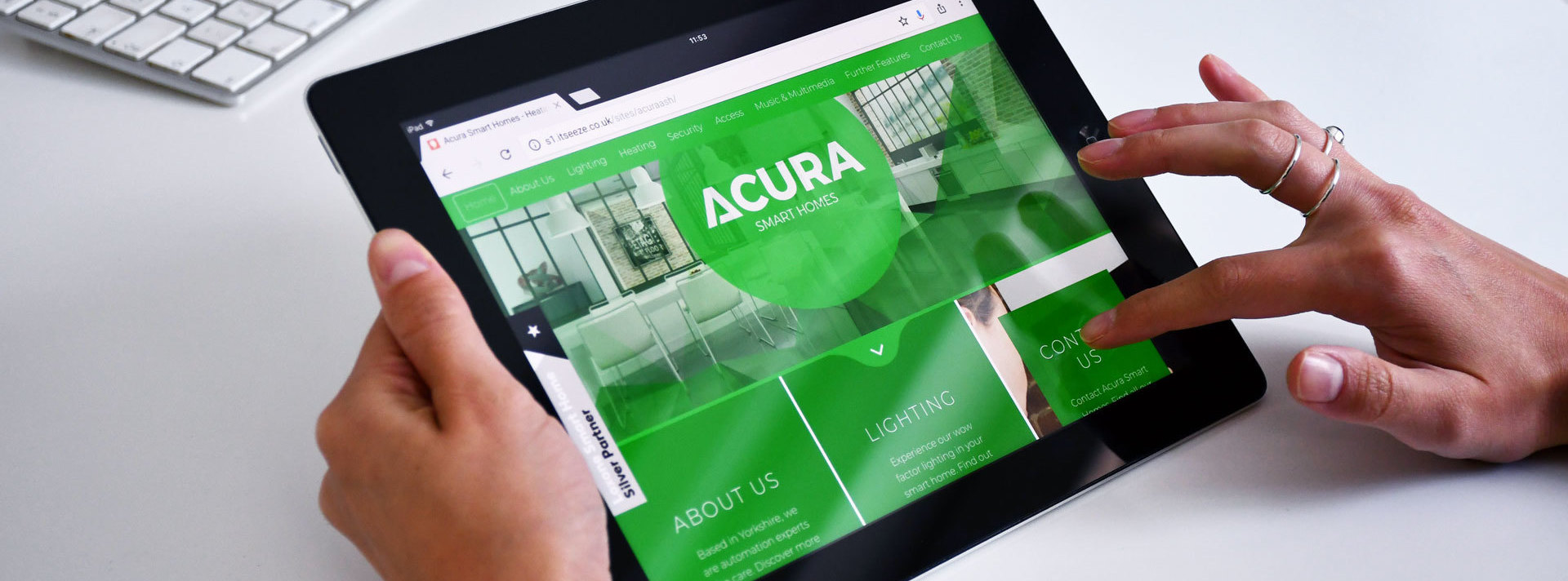Why Should You Blog on A Website?
Posted on 5th July 2021
As a business owner, you are likely realising just how many businesses utilise the internet to promote their services and are wondering how you can stand out. Well, the answer could lie in blogging.
Blogging initially started as a means for tech-savvy opinionated people to have their say online. Now, it is a very effective method used by lots of organisations to drive more people to their website. The word “blog” seems to give off an informal tone, which it can be, so long as that’s how you would like to be perceived, but realistically, blogging is simply an incredibly effective way of conveying who you are, what your business does and why you are better than the rest.
Still not convinced? We have prepared a list of reasons as to why your business should be blogging.
It Drives Traffic to Your Website

One of the reasons why so many websites now use blogging is because of the fact it can generate a huge amount of traffic. This is because where your website ranks on Google is often dictated by keywords and relevant content. When you blog, you are given the platform to include relevant content and keywords on your website frequently. If you are constantly uploading fresh content onto your website, it may help you place higher in search engine results, as opposed to if you are relying on people coming across your business by simply searching for it.
Keywords are very useful when it comes to driving traffic to your website and as such you should thoroughly research what keywords will likely drive traffic to your site and how you can implement them into your blog posts.
You Can Convert Traffic Generated into Leads

Of course, generating traffic to your website is only half of it, you also need to ensure that the traffic you are generating is being converted into genuine leads or sales. When you blog and release new content, you are giving yourself the opportunity to promote your business, its services and products and generate leads and sales as a result. You can do this by simply adding a call-to-action on each blog post.
Within your blog posts you can provide links or brief descriptions about the work you do. You could also make it a regular practice to offer something to consumers that will allow them to provide their contact information, for example a webinar, a free quote or even an ebook. When you obtain prospective customers' contact information, you can follow up on those leads using strategies such as email marketing campaigns.
Become a Voice of Authority in Your Industry

When you blog, it’s not only a chance to show off what your business sells, but it’s a chance to establish yourself as an expert in your field. You will be able to create posts that cater to common questions people in the industry may have and also talk about common trends and changes within the industry.
If potential customers happen upon your websites with a question about your industry, a question which is subsequently answered because of your blog post, then you are showing them that your blog is one filled with information on relevant topics. As a result, people will be more likely to do business with you as opposed to with your competition, because they know by working with you, they’ll be working with the best.
This also comes back to using keywords to drive traffic to your website. Chances are, a lot of these keywords will revolve around these types of common questions and so by creating interesting and unique content, you give the opportunity to rank higher and drive traffic.
Build Your Presence on Social Media

Once you have a completed blog post, social media is one of the best places that you can share it. Social media is an incredibly effective tool for online marketing and so by sharing content on there that lots of people will engage with, you increase your following, which will lead to more customers. We would also recommend that you add a snippet to your Google Business Listing which will help with your local marketing.
This filters back into being a voice of authority. When you have a following on social media, you have the opportunity to engage with prospective clients and answer questions they may have about your business, the market and all manner of things. This will again mean you are seen as a point of authority, so when people eventually need to contact a business that operates in your industry, they’ll know exactly who to turn to.
Get Your Customers Involved

If you have a comments section on your blog, not only are you providing people with information but you are opening a dialogue and starting a community. One of the best blogs that exemplifies the effectiveness of this technique is Waitrose. They have a page on their site where customers can share their recipes. This is great because it doesn’t come across as a big marketing tool, it is simply people sharing what they have created; however, in the process, Waitrose also has the chance to promote their products.
You can do a similar thing with your blog. Engage in a discussion with people and if something relating to one of your products comes up, provide a link. Or if the service you offer allows it, do something similar to Waitrose where customers can share what your products have done for them.
How To Get Your Blog Started
Overall, a blog is an incredibly effective way to engage with your audience and generate sales. Not only will you establish yourself and your business as a voice of authority, but you can promote your business, talk with clients and build an organic following on social media sites.
If you would like help getting a blog set up on your website, at it’seeze Windsor we offer affordable packages so that we can create a website for your business with an easy-to-use blog. This will allow you to upload content regularly and drive more traffic to your website as a result. If you have any further questions on what It’seeze Web Design can do for your business then do not hesitate to get in touch.
We look forward to hearing from you.
Tagged as: Online Marketing, web design
Share this post:



